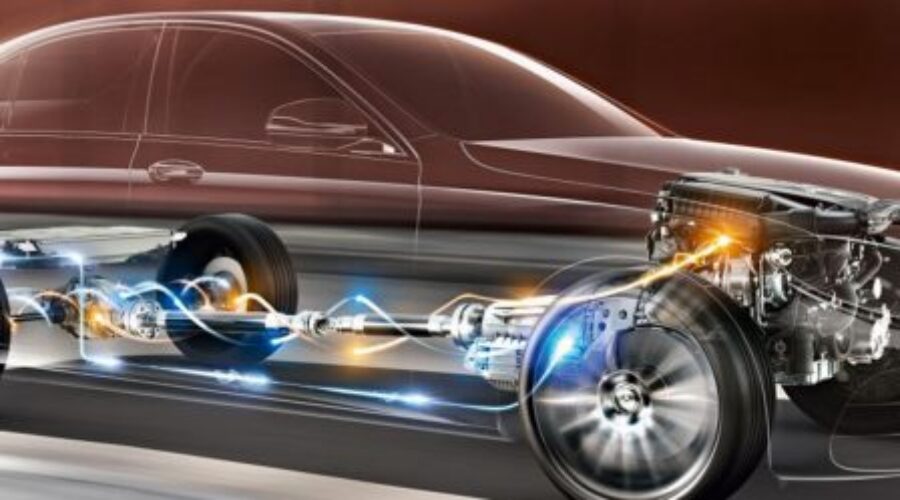Choosing Hybrid Vehicles for Sustainable Transportation: Insights from IIT Kanpur Study
In a recent study conducted by researchers at the prestigious Indian Institute of Technology (IIT) Kanpur, it has been suggested that opting for hybrid vehicles can be a more sustainable choice compared to electric and conventional ones. The study delves into the environmental impact of various vehicle types and highlights the benefits of hybrid technology. This article aims to explain the findings of the study in simple and understandable language, shedding light on why hybrid vehicles can play a crucial role in building a sustainable future.
The IIT Kanpur study emphasizes the need to carefully evaluate the environmental impact of different vehicle technologies. While electric vehicles (EVs) are often hailed as a green alternative to conventional internal combustion engine (ICE) vehicles, the study reveals certain challenges associated with EV adoption. It highlights the limited availability and sourcing of rare minerals required for battery production, the carbon footprint of battery manufacturing, and the dependence on electricity grids that may not be entirely powered by renewable energy.
Advantages of Hybrid Vehicles:
- Reduced Emissions: Hybrid vehicles combine an internal combustion engine with an electric motor, resulting in lower emissions compared to conventional vehicles. The study suggests that hybrid vehicles emit fewer greenhouse gases and pollutants, making them a more environmentally friendly choice.
- Increased Efficiency: The hybrid technology allows vehicles to optimize fuel usage by switching between the internal combustion engine and the electric motor as required. This leads to improved fuel efficiency, thereby reducing the overall consumption of fossil fuels.
- Enhanced Range: Unlike fully electric vehicles that rely solely on battery power, hybrid vehicles offer an extended range. This eliminates the issue of range anxiety and makes hybrid vehicles a more practical option, especially for those who frequently travel long distances or lack access to charging infrastructure.
- Transition Period: Hybrid vehicles can serve as a bridge between conventional vehicles and full electrification. As the world transitions towards a cleaner energy future, hybrid vehicles can play a significant role in reducing emissions while EV infrastructure continues to develop.
Conclusion:
The IIT Kanpur study provides valuable insights into the sustainability of different vehicle technologies. While electric vehicles hold immense potential in reducing emissions and dependence on fossil fuels in the long run, the study suggests that hybrid vehicles can be a more sustainable choice in the present scenario. By combining the benefits of internal combustion engines and electric motors, hybrid vehicles offer reduced emissions, increased fuel efficiency, enhanced range, and act as a transitional option. As technology continues to advance, it is essential to consider various factors and make informed choices that contribute to a sustainable and greener future.



